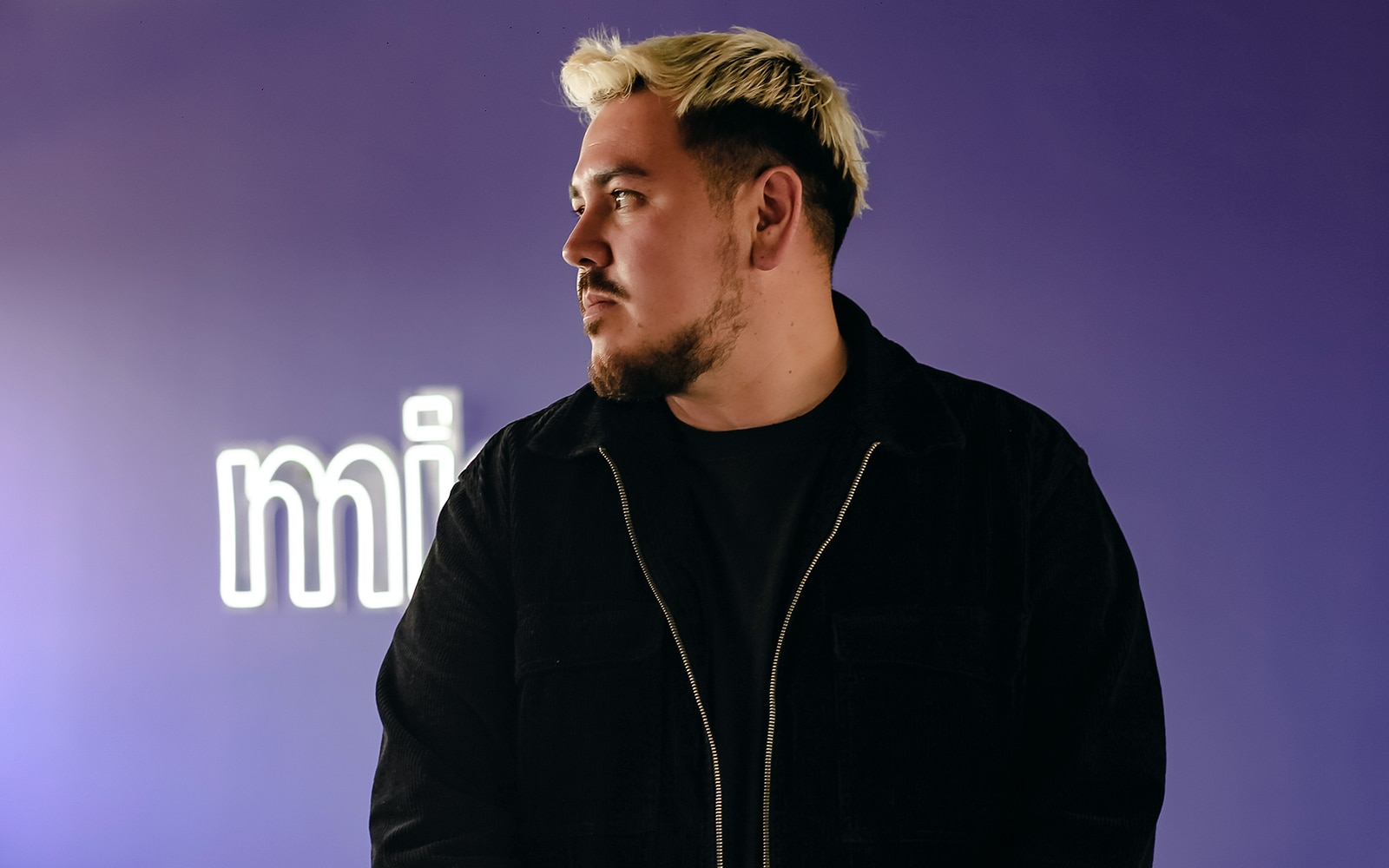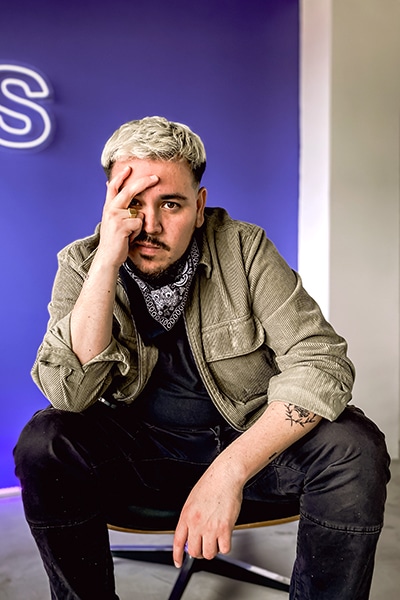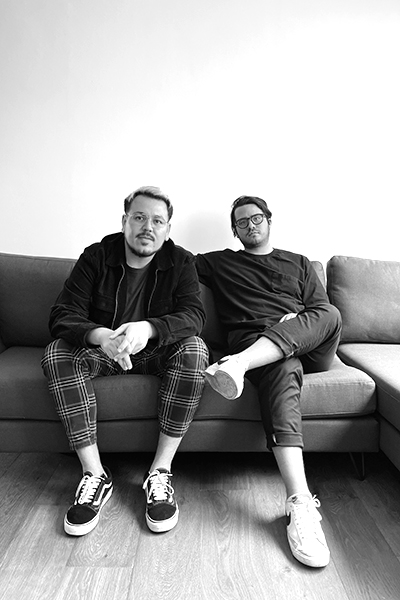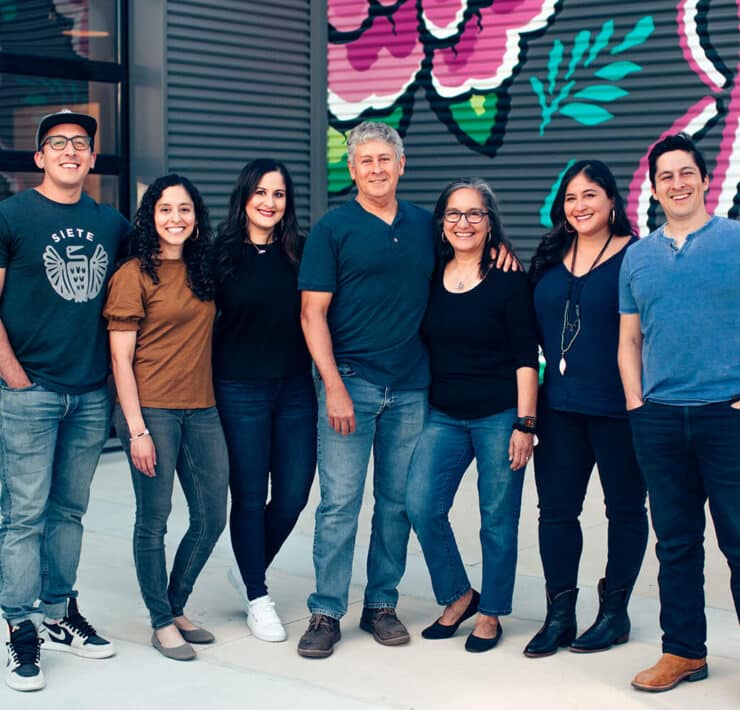
|
Getting your Trinity Audio player ready...
|
The passion has to be there, even if the skill set is still evolving.
Hiram Altamirano is the cofounder of Misfans, a platform aiming to do for Latin America what OnlyFans has done for content creators in the US. He has no trouble admitting that his passion and drive far outweigh the hard skills that some consider to be critical to leading a tech company.
But Altamirano has kept growing. He has scaled his own abilities even as he and Cofounder Alex Ramírez have continued to tweak their platform and make it more accessible and more of a viable business option for content creators looking to earn money from everything from lifestyle influencer videos to music to NFTs.
I understand how difficult the life of a content creator can be. I started making music when I was fifteen and earned my first small record deal when I was seventeen, but I just never had the financial resources to follow my music career. There was no Instagram or TikTok, and Facebook had just barely started. That struggle has informed the creation of Misfans: I want to make monetization possible for creators in Latin America.

Before Misfans, I think it’s important to point out that I failed. I’m not ashamed of this, and I think it’s part of how you grow. I worked with a small team, including my cofounder, Alex Ramírez, to develop an app for photographers to help monetize their filters. It just didn’t work, and we lost the money we had put into the business. But Alex and I knew we could create something great with the lessons we had learned from the experience.
When [actress and influencer] Bella Thorne made a million dollars in one day with her OnlyFans account, we realized there was no company in Mexico or Latin America that was serving the creator economy here.
We were able to enter the Silicon Valley 500 LatAm accelerator and raise our first round of funding through 500 Startups. We entered the market with a minimum viable product (MVP) with the intention of continually building out the profile in reaction to our creators and audience.
Despite knowing we were the only ones in this space when we started, there is still a lot of pressure—we feel like the whole world is watching us to see if we can succeed. Whatever changes we make, we make in real time, and people can see it. It’s a big responsibility, and we’re learning as we go.
We have two success indicators: one is positive, and one is negative.

I’ll start with the negative first. When you start with an MVP, that means there are things that are going to need to change. Early on, we found that some of our creators didn’t feel comfortable charging money for their content, even though that’s exactly what the platform is designed for. We actually saw some creators leaving the platform early on (I think they had a hard time justifying monetizing their content). But our creators need to understand that anything they consume, from Netflix to YouTube videos, is somehow monetized, and their creations deserve compensation.
But the positive news is that we have creators who are able to pay their rent thanks to their content. That means we are actually changing people’s lives. In Latin America, the amount of money people are going to spend is much less than what people in the US may expect, so it’s important for us to create a model that works in this environment. $300 can change a person’s day-to-day life in a real and tangible way. We’re finding ways to help people, and that is incredible.
As we continue to build out our Web 3.0 capabilities, we keep finding ways to innovate. This year, Alex and I (along with the support of a Mexican platform called Neefter) helped presenter and personality Lolita Ayala launch a series of NFTs to promote activities and benefits for low-income women on International Women’s Day.
We are evolving all the time. We continue to challenge ourselves to create the perfect tool kit for our content creators. Like all things, there are successes and failures. But as long as we keep learning from what doesn’t work, the more we can enhance what does. If we’re not failing, we’re not growing.
Latin America is getting a lot of attention from people all over the world right now, and I’m so happy we’re one of the early operators in this new space. We’re working to solve problems for people here and create a community of supportive creators and audiences who can all come out ahead.







